The strong development of e-commerce, the trend of comprehensive digital transformation and the requirement of international integration are posing urgent demands for law amendments, in order to institutionalize major policies on science and technology development, innovation, and enhancing national competitiveness.
Minister Nguyen Manh Hung is Head of the Steering Committee. (Photo: VNA) |
According to Minister of Science and Technology Nguyen Manh Hung, the amendment of the Law on Product and Goods Quality is a strategic move, aiming to "reduce compliance costs for businesses while still protecting consumers, in line with international practices". From there, it creates a balance between the three houses: State - businesses - consumers, creating more openness for business operations, more substantial protection for consumers, and more modern management for state agencies.
Approaching modern management methods, in accordance with international practices
One of the major breakthroughs of this draft Law is to change the approach in classifying products and goods, shifting from administrative groups (group 1, group 2) to classification according to three risk levels. According to Minister Nguyen Manh Hung, the shift from administratively dividing product groups to classifying according to three risk levels aims at different management, in the direction of reducing pre-control and increasing supervision and post-control (shifting the management priority from "pre-control - post-control - supervision" to "supervision - post-control - pre-control"). For high-risk products, enterprises are required to declare conformity with a third-party assessment (ie with pre-control). Currently, most countries apply this to about 5 - 10% of products with standards; if calculated on the total product, this rate is only 1 - 2%. For medium-risk products, enterprises self-declare conformity and are responsible. For low-risk products, businesses only need to publish features, standards, and applicable regulations, if any.
Minister Nguyen Manh Hung said that whether pre-inspection or post-inspection, regular monitoring and post-inspection are still fundamental and long-term measures. The frequency of post-inspection will depend on the risk level of the product and the reputation of the enterprise: Enterprises with reputation and few violations will have their post-inspection frequency reduced.
Third-party certification of conformity for declaration of conformity only needs to be done once and is used for administrative procedures if any (no overlap between registration and certification of conformity). Specialized laws must also comply with the product quality management principles of the Law on Product and Goods Quality. Re-evaluation only needs to be done when there are changes in inputs, processes or production lines. For imported goods, the draft Law proposes to apply electronic labels on product packaging or accompanying documents, instead of physical labels as at present; at the same time, simplifying procedures for subsequent imports if they are of the same type and origin.
In the context of digitalizing state administration and the economy , the draft Law also clearly establishes the direction: Building a single national digital platform for product and goods quality, invested and operated by the State, connecting the entire data system for monitoring and tracing origin. Minister Nguyen Manh Hung emphasized: "The assessment and announcement of product risk levels must be mandatory on this digital platform to ensure publicity and transparency, helping state management to monitor with AI, and at the same time, people can also monitor easily".
First time establishing the concept of National Quality Infrastructure
Along with the digital platform, the draft revised Law on Product and Goods Quality establishes for the first time the concept of National Quality Infrastructure (NQI), an ecosystem of standards, regulations, measurement, testing, certification and recognition. Minister Nguyen Manh Hung affirmed that this is an essential foundation to ensure the quality of goods, promote trade and international integration, increase productivity and innovation, protect the safety of people and the environment, and improve state management capacity.
The General Department of Market Management opened an exhibition room "Identifying real and fake food". (Illustration: Tin Tuc and Dan Toc Newspaper) |
Considering quality management as a type of “national infrastructure”, similar to transportation, electricity and water, Minister Nguyen Manh Hung said that the State has the responsibility to invest in building and operating NQI as a foundation for businesses and organizations to proactively participate, exploit and improve product quality. Developing NQI is a strategic step, helping to improve the capacity to monitor, give early warning and trace the origin of substandard products, while connecting data between customs, specialized inspection and international warning systems in a unified manner.
With the increasing proportion of e-commerce, the draft Law also clearly stipulates for the first time the responsibilities of e-commerce platforms and sellers in ensuring the quality of goods. Accordingly, sellers must fully disclose information about standards, traceability and be legally responsible for any violations. E-commerce platforms must verify sellers, request full information, use technology to monitor, remove violating goods within 24 hours and be jointly responsible if violations persist. The draft Law also increases sanctions for violations: in addition to administrative sanctions, it is possible to revoke licenses, prosecute criminals, and announce violations on the national digital platform. For businesses that self-declare conformity, if fraud is detected, the right to self-declare may be revoked.
In particular, the draft law adds the right of social organizations to initiate a class action lawsuit if poor quality products cause widespread damage. This is a step forward to protect consumer rights and at the same time create stronger legal pressure on fraudulent behavior in the supply chain.
According to Minister Nguyen Manh Hung, improving the quality of products and goods is to protect the nation, protect the race, and build a national brand. Therefore, the State must join hands with support policies such as providing information, consulting, training, tax incentives, supporting certification costs and traceability... The amendment of the Law on Product and Goods Quality is not only a technical adjustment but also an institutional reform in the digital age. The draft Law contributes to institutionalizing major policies, while creating new mechanisms to improve implementation efficiency, in line with Resolution 57-NQ/TW on developing science, technology, innovation and national digital transformation, as well as Resolution 59-NQ/TW on international integration in the new situation.
This is an opportunity for Vietnam to reshape the entire product and goods quality management system in a modern direction, using technology to make it transparent, decentralizing but not lax, closely monitoring but still creating conditions for businesses to innovate and reach out to the global market.
According to News and People Newspaper
Source: https://thoidai.com.vn/tang-nang-luc-giam-sat-bao-ve-thuc-chat-hon-cho-nguoi-tieu-dung-214257.html


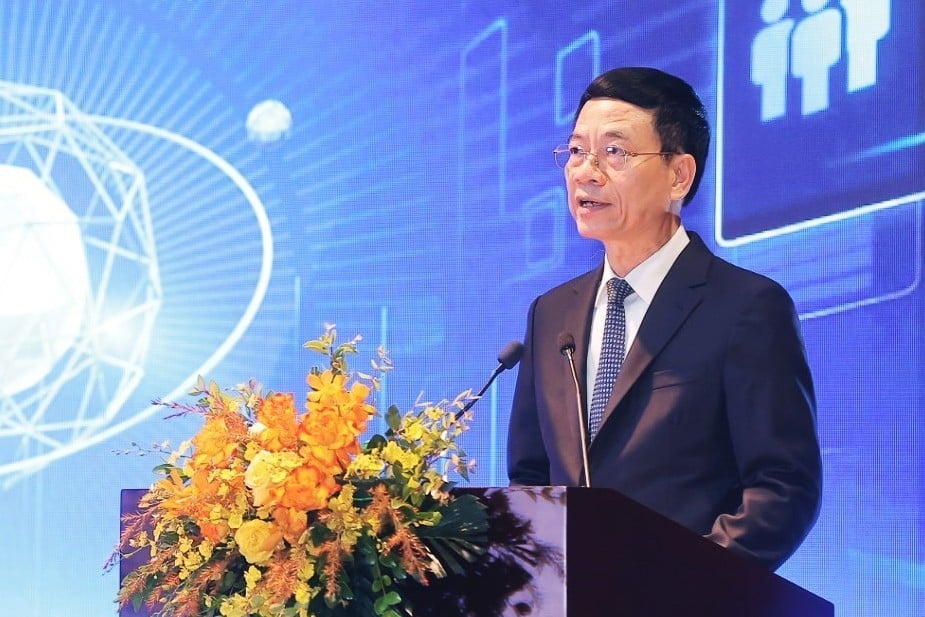
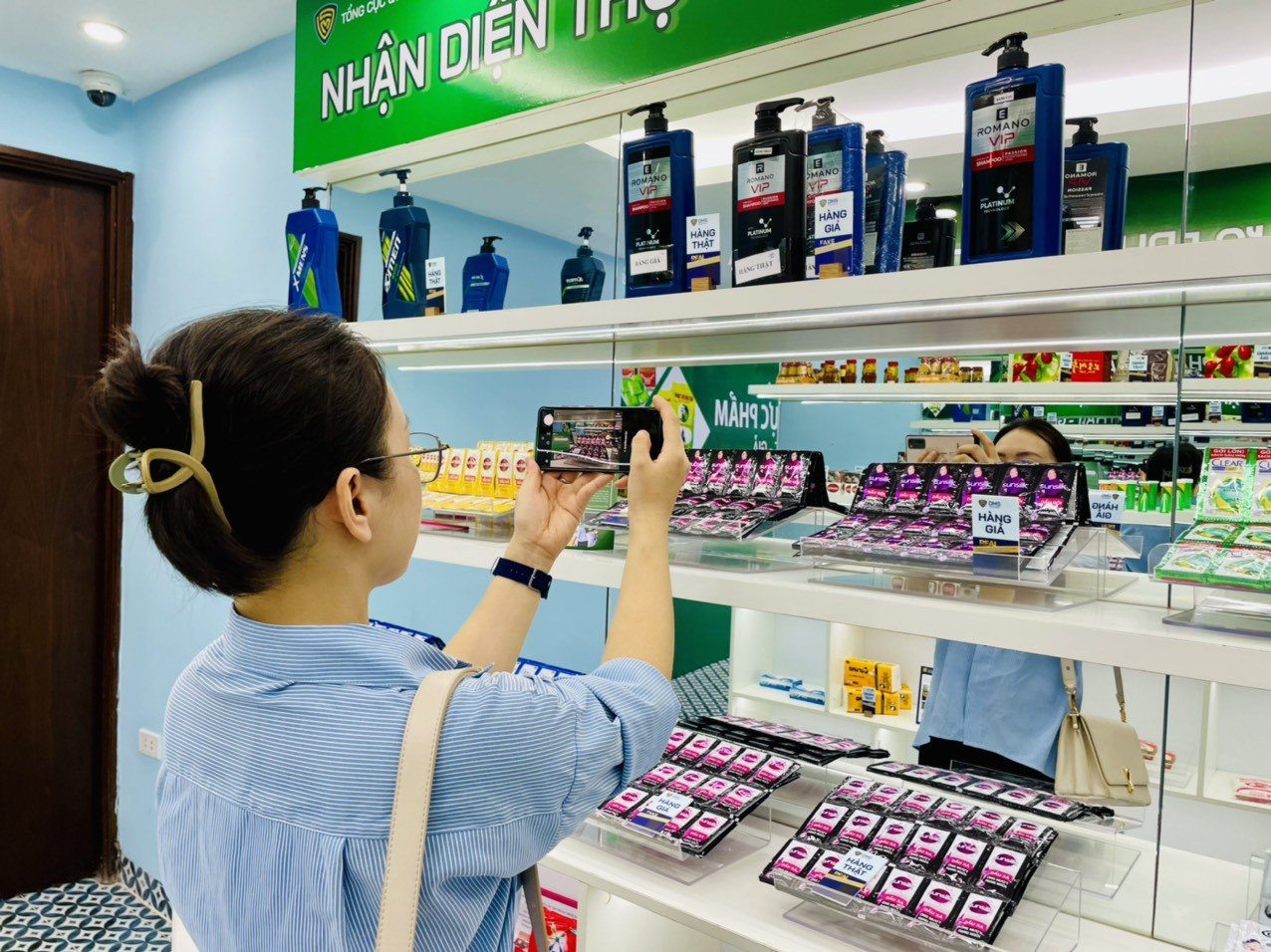
















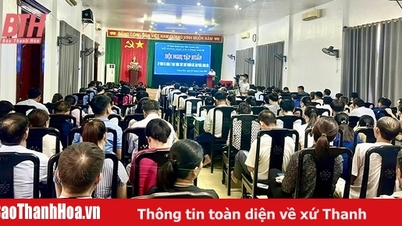

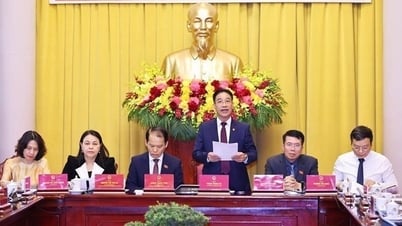
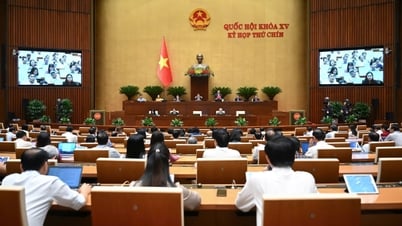
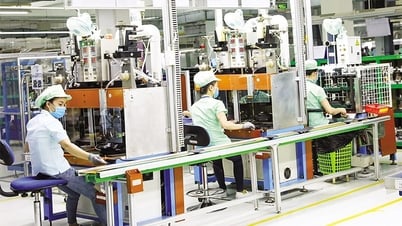

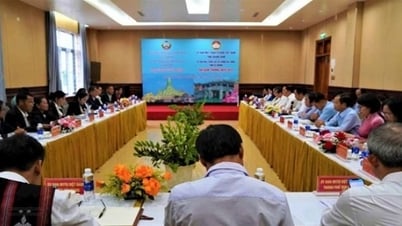





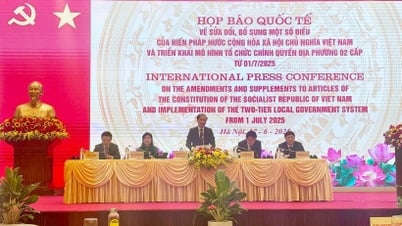
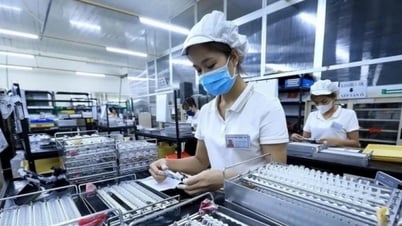
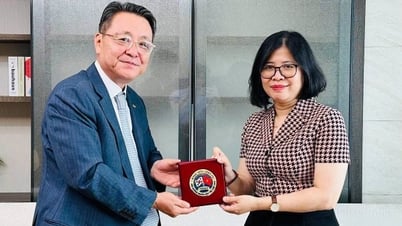
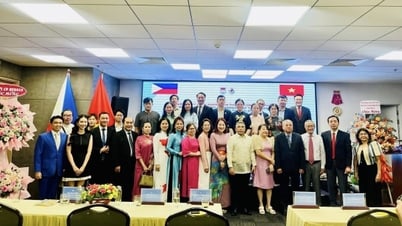





















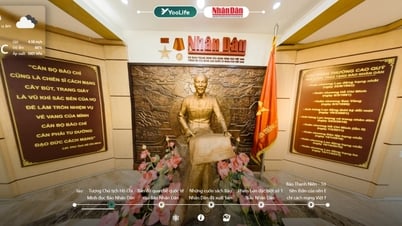


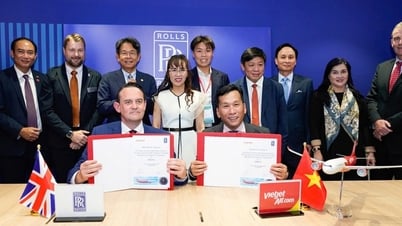
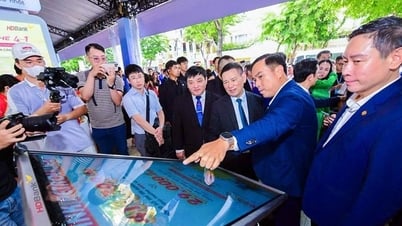

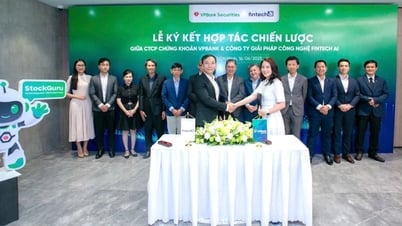

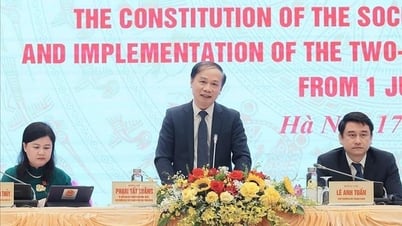





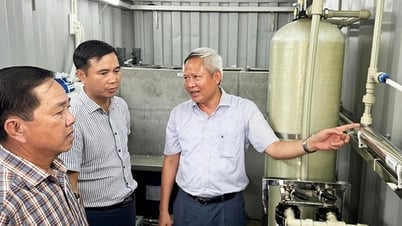

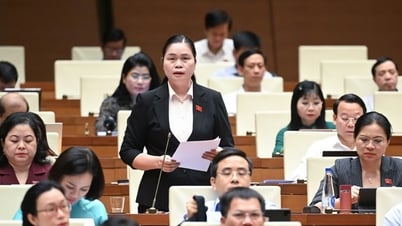



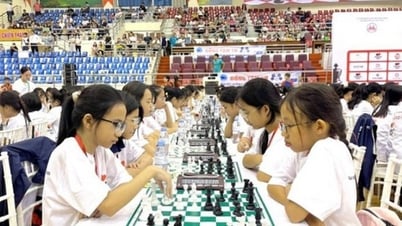



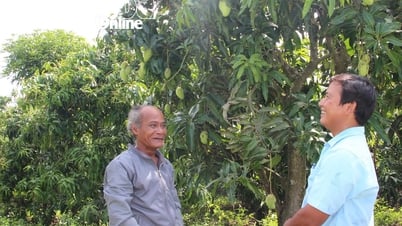


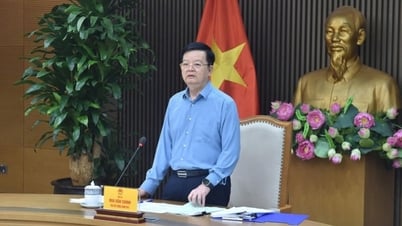















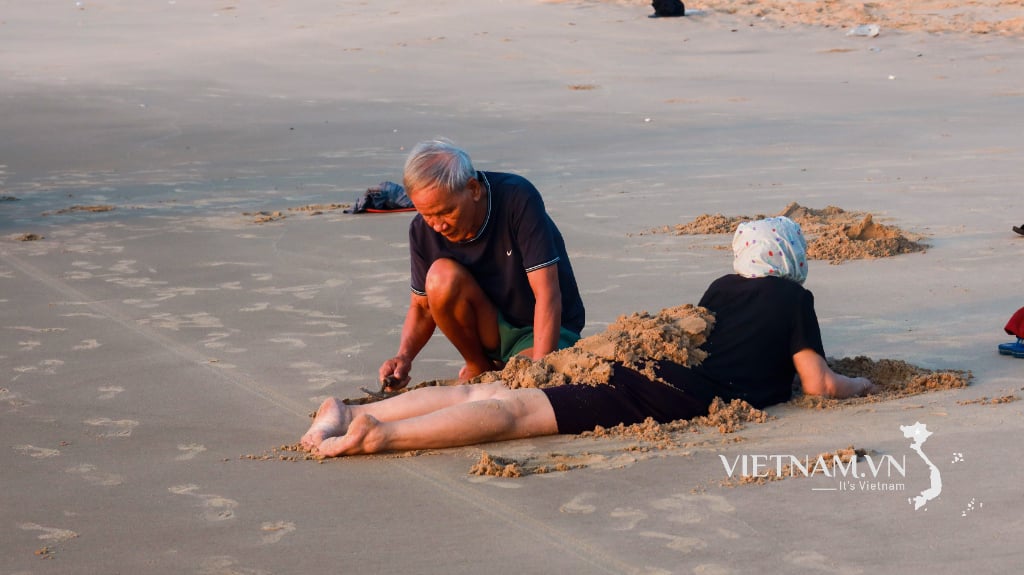
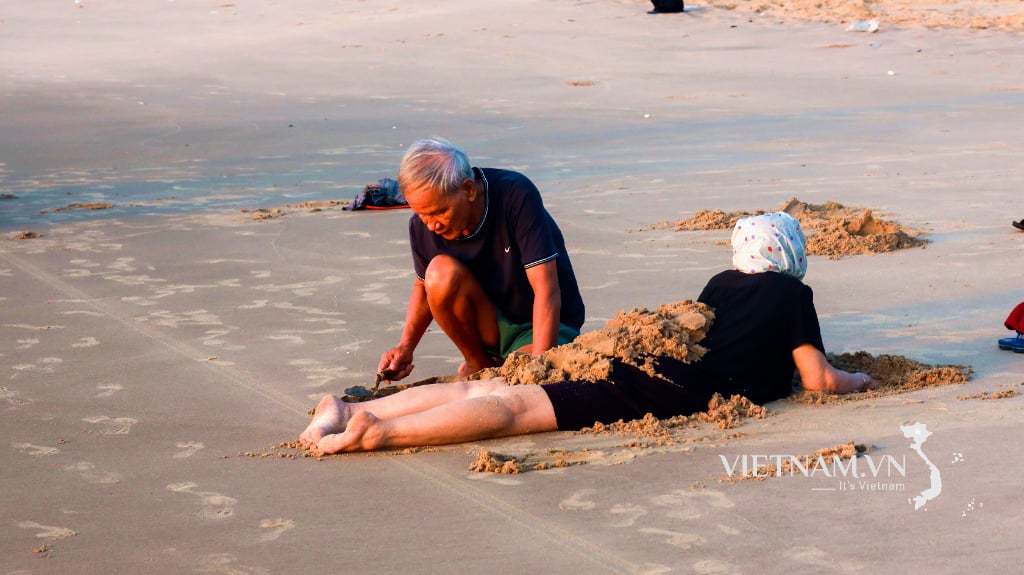


Comment (0)